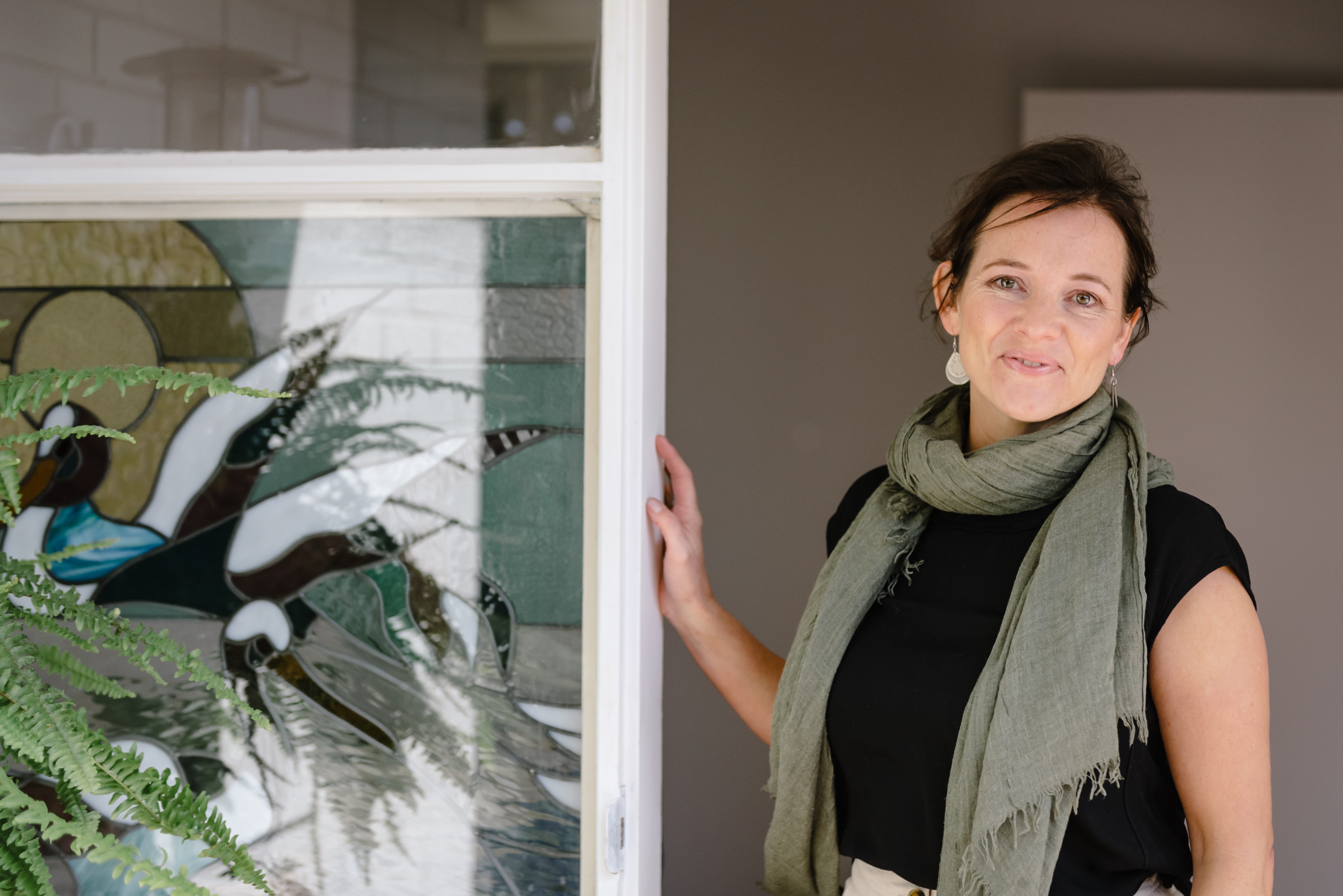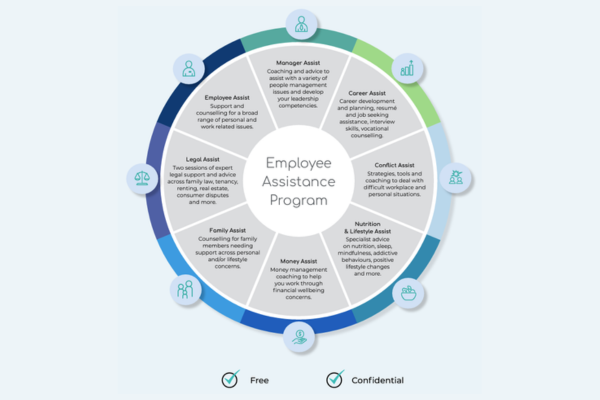Breaking the Bias

As a woman, have you ever been in a meeting and someone spoke over you?
Or have you been in a situation where someone asks you to pick up the food for an office party, or clean the dishes afterwards?
Or has anyone ever said to you “how do you manage working and raising kids, you must be exhausted”?
Or during a performance review, you’re told you’re too loud or assertive while men are often viewed as being confident and strong when using the same tone?
Or you land a new project and someone says “wow, you got lucky”?
All of these situations and comments reinforce an unconscious belief that;
- women’s opinions are less valuable than men’s,
- it is a woman’s role to perform “office housework”,
- mothers are not dedicated employees,
- women need to act in a particular way and
- women’s achievements are reduced to luck.
It is time to challenge this bias; International Women’s Day is a global day celebrating the social, economic, cultural and political achievements of women. The day also marks a call to action for accelerating women’s equality; this year, the theme is #Breaking the Bias.
So, what do we mean when we talk about bias? It seems our brains are hard-wired to categorise environments, situations and people; so we make assumptions and form preconceptions about different demographics, and as a result inequalities are formed. Gender bias is the propensity to favour one gender over another, specifically, it is used to describe the preferential treatment of men in a professional environment.
People of all genders can make biased remarks or behave in ways that disadvantage women. It is often done unconsciously, but it’s also important to remember that not all bias is unconscious. According to IWD.com, 73% of women experience bias at work, whether it’s being passed over for a promotion, being treated differently to men or having different expectations placed upon them. But only 1 in 3 employees, including managers, will challenge biased behavior when they see it.
At Programmed we strongly advocate for women’s equality; we understand and celebrate the contribution our women make in our business. Our values of Care and Empathy and Diversity, Inclusion and Equality underpin the idea that all our people bring something different to the workplace and instead of making assumptions, it is important to put yourself in their shoes.
It’s time to call out bias against women. Below are some examples of how you can call out gender bias in the workplace.
When someone:
- consistently interrupts a female co-worker, say “Let’s hear what [Name] has to add” or when online, mute other speakers when someone is making their point, or
- suggests your female co-worker perform “office housework”, say “that’s not [Name’s] job, maybe ask for a volunteer”, or
- questions a female co-worker’s ability to balance parental and work responsibilities, say “I admire your strength and determination”, or
- suggests a female co-worker is loud and assertive or quiet and reserved, suggest the focus be on what is said, not their speaking style
- says “wow, you got lucky, say “well deserved, I know you worked hard”
Together, take action to #BreakTheBias not only on International Women’s Day but beyond.

